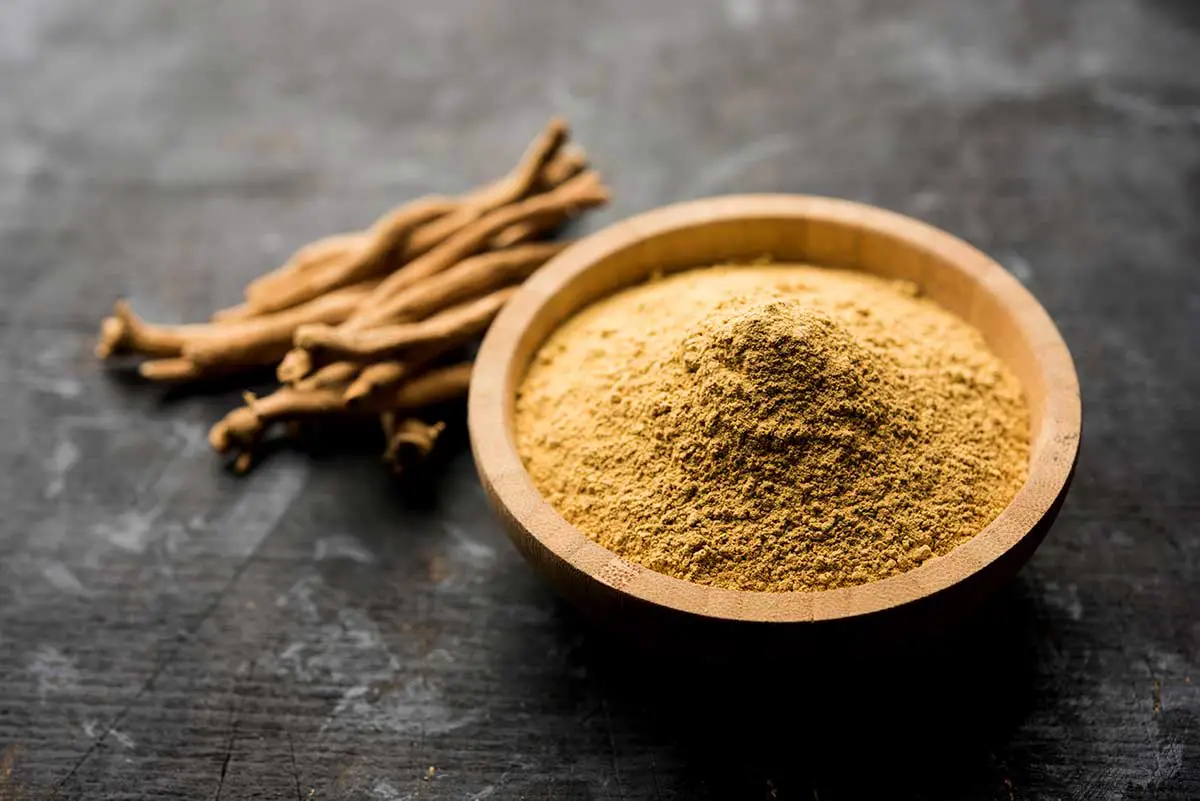Ashwagandha, also known as Withania somnifera or Indian ginseng, is a powerful herb that has been used for centuries in Ayurvedic medicine. Known as an adaptogen, ashwagandha helps the body manage stress and maintain balance. But its benefits go far beyond stress relief. From boosting energy to improving brain function, this ancient herb has gained global recognition for its wide-ranging health benefits.
However, like any supplement, it’s important to understand its properties and potential contraindications before incorporating it into your routine. Let’s dive into the world of ashwagandha!
What is Ashwagandha?
Ashwagandha is a small shrub native to India, the Middle East, and parts of Africa. Its roots and berries are used to create powders, capsules, teas, and tinctures. The name “ashwagandha” translates to “smell of the horse” in Sanskrit, referring to its unique aroma and its traditional reputation for imparting the strength and vitality of a horse.
Key Properties of Ashwagandha
Ashwagandha is packed with bioactive compounds that contribute to its therapeutic effects. These include:
- Withanolides: Natural steroids that have anti-inflammatory and antioxidant properties.
- Alkaloids: Compounds that support nervous system health.
- Saponins: Known for their immune-boosting and cholesterol-lowering effects.
- Flavonoids: Antioxidants that protect cells from damage.
9 Benefits of Ashwagandha
- Reduces Stress and Anxiety
Ashwagandha is best known for its ability to lower cortisol levels, the body’s primary stress hormone. Studies have shown that it can significantly reduce symptoms of stress and anxiety, promoting a sense of calm and relaxation. - Boosts Energy and Stamina
Traditionally used to enhance vitality, ashwagandha can improve physical performance, reduce fatigue, and increase energy levels. It’s a popular choice for athletes and those with active lifestyles. - Supports Brain Health
Ashwagandha has been shown to improve memory, focus, and cognitive function. It may also protect against neurodegenerative diseases like Alzheimer’s by reducing oxidative stress in the brain. - Improves Sleep Quality
As a natural relaxant, ashwagandha can help regulate sleep patterns and improve the quality of rest. Its calming properties make it a great option for those struggling with insomnia or restless nights. - Balances Hormones
Ashwagandha supports endocrine health, helping to balance hormones like thyroid hormones and cortisol. It may also improve symptoms of hormonal imbalances, such as irregular periods or low libido. - Enhances Immune Function
The herb’s immune-boosting properties help the body fight off infections and illnesses. Its antioxidants also protect cells from damage caused by free radicals. - Reduces Inflammation
Withanolides in ashwagandha have potent anti-inflammatory effects, making it beneficial for conditions like arthritis, joint pain, and other inflammatory disorders. - Supports Heart Health
Ashwagandha may help lower cholesterol and triglyceride levels, reducing the risk of heart disease. It also supports healthy blood pressure and circulation. - Improves Sexual Health and Fertility
Ashwagandha has been shown to enhance libido, improve sperm quality in men, and support reproductive health in women. It’s often used as a natural remedy for infertility.
Potential Contraindications and Side Effects
While ashwagandha is generally safe for most people, it’s important to be aware of potential contraindications and side effects:
- Pregnancy and Breastfeeding
Ashwagandha is not recommended for pregnant or breastfeeding women, as it may stimulate uterine contractions or affect hormone levels. - Autoimmune Diseases
Because ashwagandha can stimulate the immune system, it may worsen symptoms of autoimmune conditions like lupus, rheumatoid arthritis, or multiple sclerosis. - Thyroid Disorders
Ashwagandha may increase thyroid hormone levels, so individuals with hyperthyroidism or those taking thyroid medications should use it with caution. - Sedatives and Blood Pressure Medications
Ashwagandha may enhance the effects of sedatives or blood pressure-lowering drugs, leading to excessive drowsiness or low blood pressure. - Digestive Issues
In some cases, ashwagandha may cause mild digestive discomfort, such as nausea, diarrhea, or stomach upset. - Surgery
Due to its potential effects on the nervous system and blood pressure, it’s advised to stop taking ashwagandha at least two weeks before scheduled surgery.
How to Use Ashwagandha
Ashwagandha is available in various forms, including:
- Powder: Mix 1-2 teaspoons into warm milk, smoothies, or tea.
- Capsules: Follow the recommended dosage on the packaging (typically 300-600 mg per day).
- Tinctures: Add a few drops to water or juice.
- Tea: Steep ashwagandha root or tea bags in hot water for a soothing drink.
For best results, consult a healthcare professional to determine the right dosage and form for your needs.

Ashwagandha is a versatile and potent herb with a long history of use in traditional medicine. Its ability to reduce stress, boost energy, and support overall health makes it a valuable addition to modern wellness routines. However, it’s essential to use it mindfully, especially if you have underlying health conditions or are taking medications. When used correctly, ashwagandha can be a powerful ally in your journey toward better health and well-being.
Have you tried ashwagandha?
Share your experiences and favorite ways to use it in the comments below! 🌿

